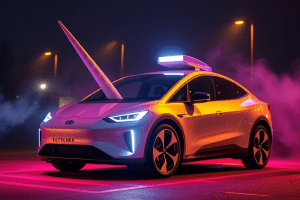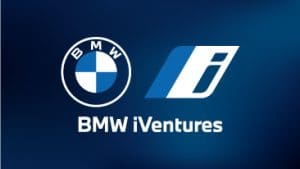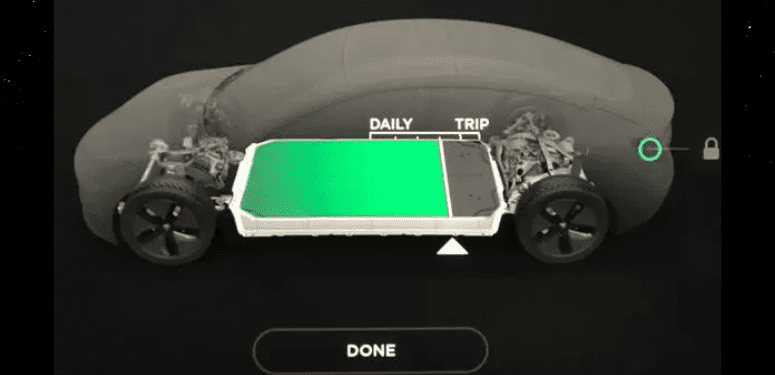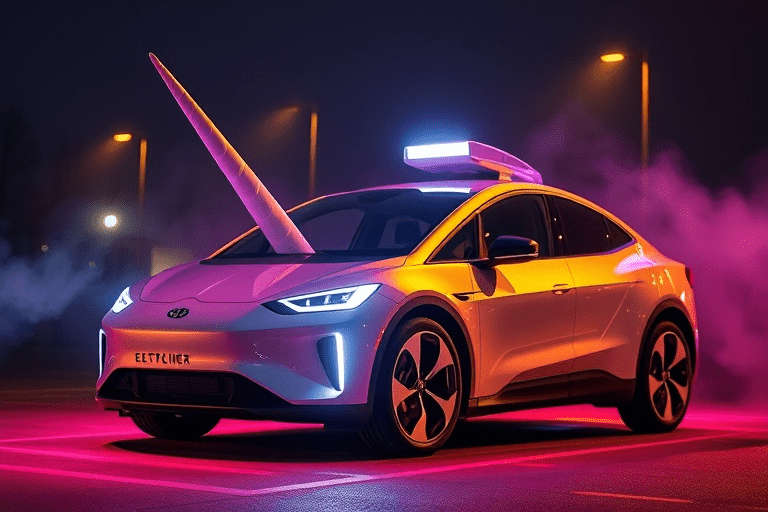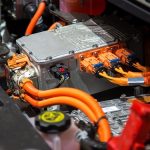
Toronto, Ontario – Quebec’s language laws put insurance policy phrasing in an awkward position, Toyota justifies its resistance against electric vehicle (EV) adoption and an autonomous Tesla triggers an eight-vehicle pileup. This is the latest in electric and autonomous vehicles.
Vive La French
A new language bill tightening French use in Quebec’s workplaces has created a grey area around insurance policies, creating technicalities that may render certain contracts contestable in court if not followed.
According to Insurance Business Canada, the ascension of Bill 96 requires all contracts to be provided in French, with limited exception for insurance policy contracts.
Adding confusion to the fire is the fact that English copies of an insurance contract are only legal if they follow a French delivery, and may only be delivered if specifically requested by the customer.
Be warned: other industries, including collision repair have yet to receive exemption and may require shop owners to draw contracts up in French.
Digging In
This week, Toyota’s president justified the company’s poor decarbonization efforts by claiming that the “right answer (towards decarbonization) is still unclear, we shouldn’t limit ourselves to just one option.”
According to a study by Greenpeace of the world’s 10 largest OEMs, Toyota had the poorest zero-emission vehicle (ZEV) sales of one in 500 being a ZEV.
“People involved in the auto industry are largely a silent majority,” said Toyota’s president, Akio Toyoda.
“That silent majority is wondering whether EVs are really OK to have as a single option.”
In contrast to competitors like General Motors and Honda who have announced all-electric lineups, Toyota’s future offerings primarily focus on hydrogen and hybrid vehicles.
Misery loves company
A California driver involved in an eight-vehicle crash told authorities that his 2021 Tesla Model S caused the crash, largely due to an error made by the vehicle’s Full Self-Driving (FSD) mode.
According to a police report received by The Guardian, the malfunctioning FSD equipped Tesla abruptly braked while shifting lanes, jerking the car from 88 to 32 kilometres per hour.
This resulted in a chain reaction of crashes involving a total of eight vehicles, delays on the San Francisco Bay bridge and two injured juveniles.
Tesla is currently under multiple investigations alleging false advertising of the FSD system, which is legally unable to fully drive itself.
The post EV/AV Report: Worrying wording and autonomous accidents appeared first on Collision Repair Magazine.




